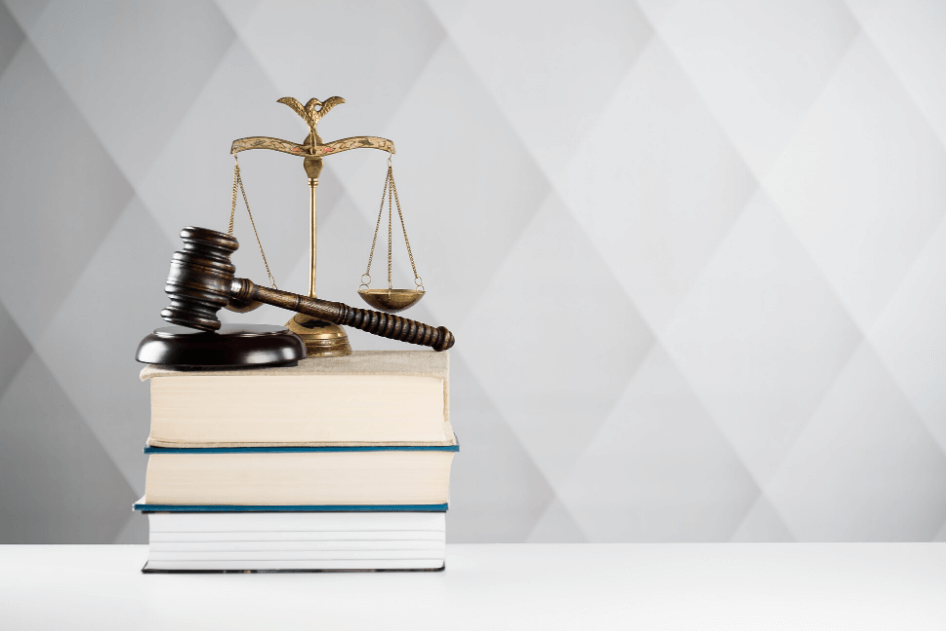With the increase in sophisticated financial plans and the heightened awareness of the benefits of asset protection strategies, what seems like a simple question actually requires careful consideration – what do you own?
This question is important when considering your estate planning objectives. Is it your vision for your children to take over the family business? Have you taken out life insurance to ensure that your spouse can pay the mortgage? Who will take control of your family trust after your death? When you own, or have an interest in, what are commonly referred to as ‘Non-Estate Assets’, additional planning is required.
An ‘Estate Asset’ is an asset owned personally in your name. You may transfer ownership of Estate Assets in your Will to your preferred beneficiaries. An Estate Asset includes any asset that you own solely in your personal name or (if with someone else) as a tenant in common. Estate Assets can include real estate, personal belongings, shares, investments and/or cars.
If you do not own an asset in your personal capacity (i.e. in your name) then that asset is a ‘Non-Estate Asset’. Non-Estate Assets include:
- assets owned with someone else as a joint tenant;
- assets owned by a Trust;
- superannuation or life insurance proceeds (subject to binding nominations and trustee discretion); and
- assets owned by a company.
It is not possible to transfer ownership of a Non-Estate Asset by your Will as technically it is not yours to give away. For example, company assets belong to all of the shareholders of a company, trust assets belong to all beneficiaries of that trust and superannuation does not automatically form part of your estate.
So, how do you deal with Non-Estate Assets and achieve your estate planning objectives? It is crucial to seek appropriate legal and financial advice with respect to succession of these entities and distribution of the relevant assets. Your lawyer and financial adviser will often work together with you in order to create a strategy to reach your goals and ensure that your legacy is passed on in accordance with your wishes.
PLEASE CONTACT
Contact us at bbv@bbvlegal.com.au if you wish to discuss this matter further.



